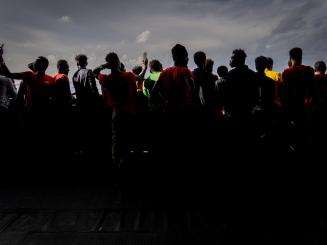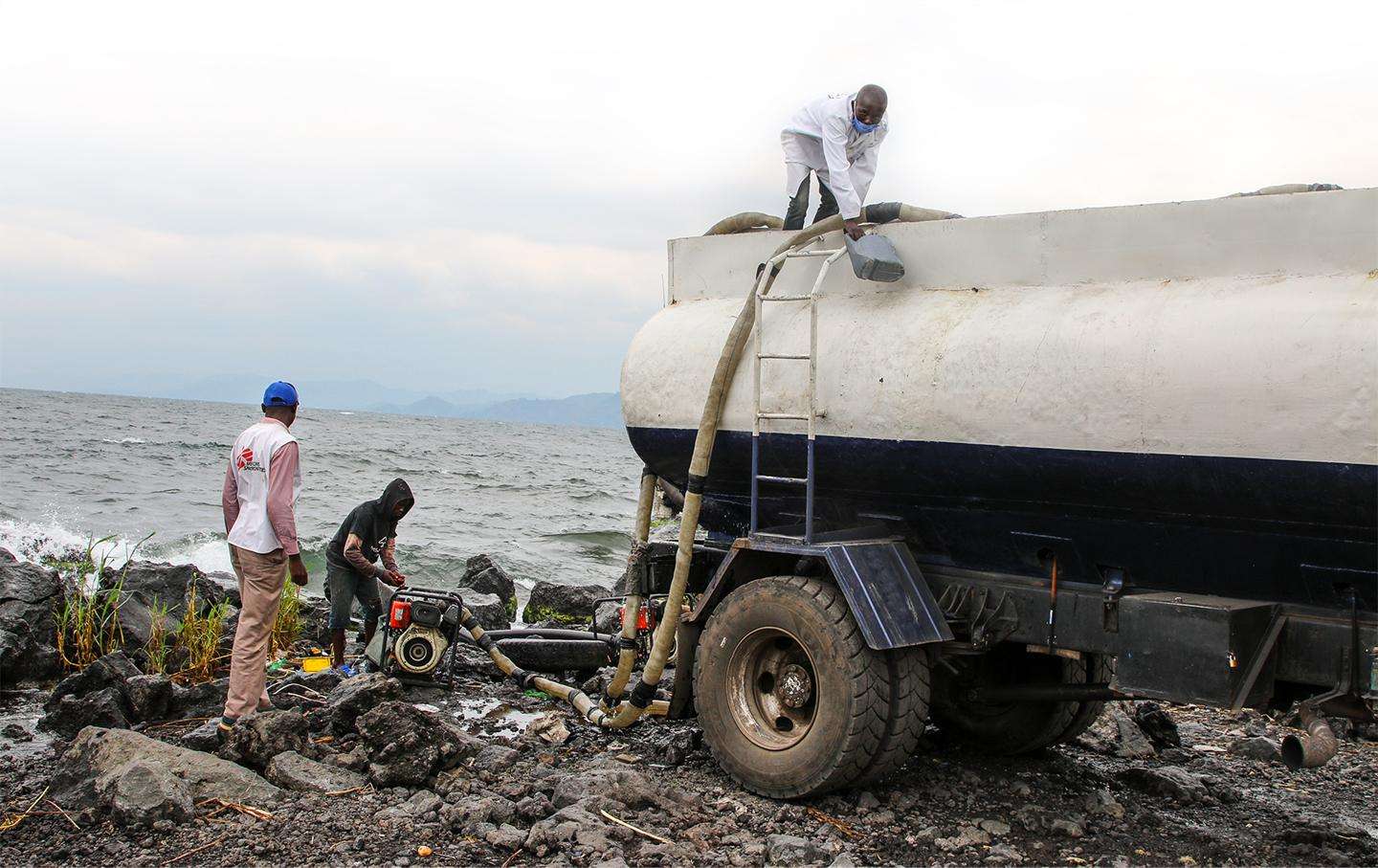Biden order limiting asylum at southern border will harm people's health
News Jun 04, 2024
Get the latest news, stories, videos, and more from our medical humanitarian projects around the world.
Speaking out about the emergencies our staff and patients witness is part of who we are. Explore our history and principles.
Research | Nov 21, 2023
“No one came to our rescue”: MSF’s new report documents how European states have knowingly put people’s lives at risk by delaying or failing to coordinate rescues and facilitating forced returns.
Read More
Research | Jun 17, 2022
Opening safe pathways for vulnerable migrants stuck in Libya.
Read More
Research | Dec 03, 2018
The tragic mental health consequences of offshore processing on Nauru
Read More

Your unrestricted gifts enable us to provide lifesaving medical humanitarian care on the ground and speak out about what we see.